This project brings together an interdisciplinary community of researchers, legal scholars, artists, and technologists working across law, philosophy, media, and emerging technologies.
Research Collaborators
-
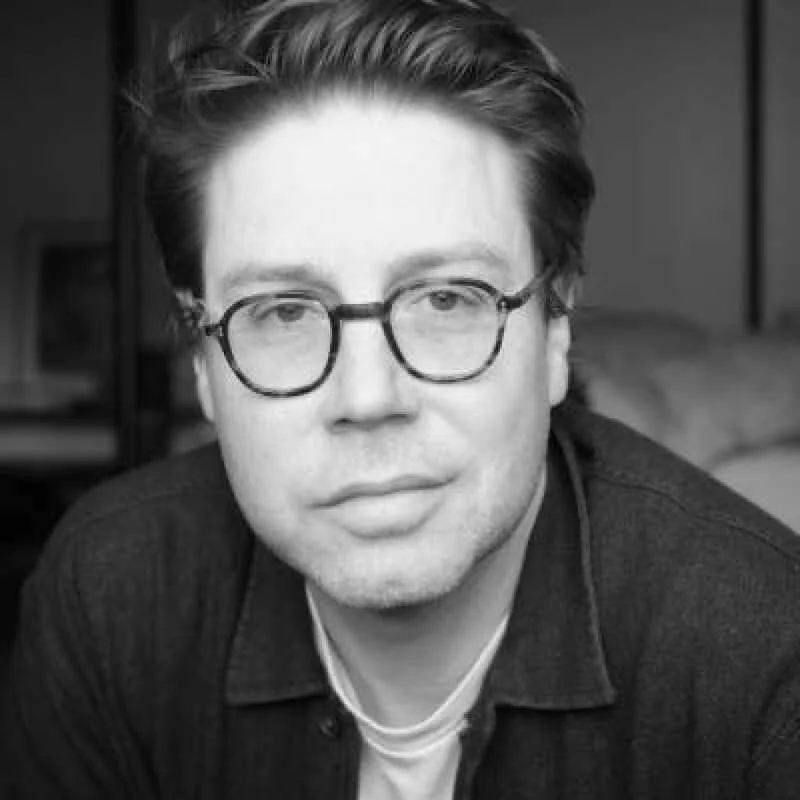
Dr Connal Parsley - University of Kent, UK
Dr. Connal Parsley is a Reader in Law at the University of Kent and a UKRI Future Leaders Fellow. His research explores legal theory, political philosophy, and technology, with a focus on human-AI decision-making. He leads The Future of Good Decisions project and co-directs the Law and the Human network, with interests in Italian political thought and translation.
-

Ruth Catlow - Furtherfield, UK
Ruth Catlow is a London-based artist, curator, and researcher working at the intersection of art, technology, and social change. She is Artistic Director of Furtherfield and co-founder of projects including Artists Re:Thinking the Blockchainand the DAOWO lab series. Her work explores decentralised technologies and collective practices for more just and connected cultural futures.
-
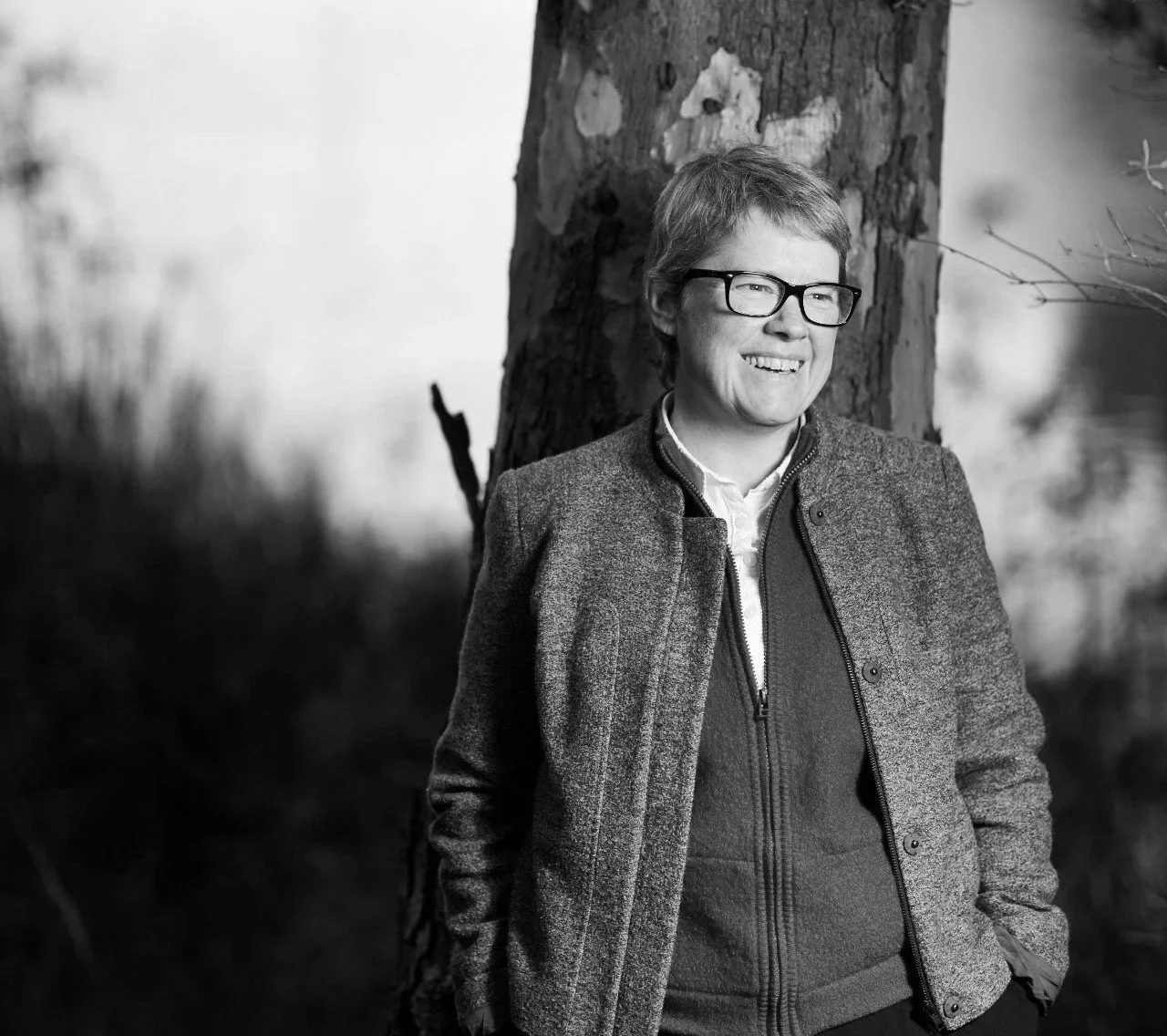
Prof. Margaret Davies - Flinders University, AU
Professor Margaret Davies is a leading legal theorist at Flinders University, Australia. Her work spans feminist legal theory, property law, and jurisprudence, with a focus on relational and posthumanist approaches to law. Davies is the author of several influential books, including EcoLaw (2023), and is known for rethinking legal concepts through interdisciplinary and philosophical lenses.
-

Dr. Jake Goldenfein - University of Melbourne, AU
Dr. Jake Goldenfein is a senior lecturer at Melbourne Law School, specialising in law, technology, and media theory and a Chief Investigator of the ARC Centre of Excellence for Automated Decision-Making and Society. His research investigates the legal and political implications of digital technologies, including surveillance, data governance, and algorithmic decision-making. Goldenfein’s interdisciplinary work bridges critical legal studies and STS, offering nuanced insights into how law shapes and is shaped by computation.
-

Prof. Gregor Noll University of Gothenburg, SE
Professor Gregor Noll is Chair of International Law at the University of Gothenburg. His research explores the intersections of international refugee law, legal theory, and the politics of border control. Noll is widely recognised for his critical approach to sovereignty and migration, offering influential insights into how legal systems respond to global displacement and humanitarian crises.
-

Dr. Susan Schuppli - Goldsmiths, UK
Dr. Susan Schuppli is a researcher and artist based at Goldsmiths, University of London, where she is Director of the Centre for Research Architecture and an affiliate of Forensic Architecture. Her work examines the material evidence of political violence and environmental harm, exploring how non-human witnesses - such as media, matter, and machines - can speak to legal and ethical accountability.
-
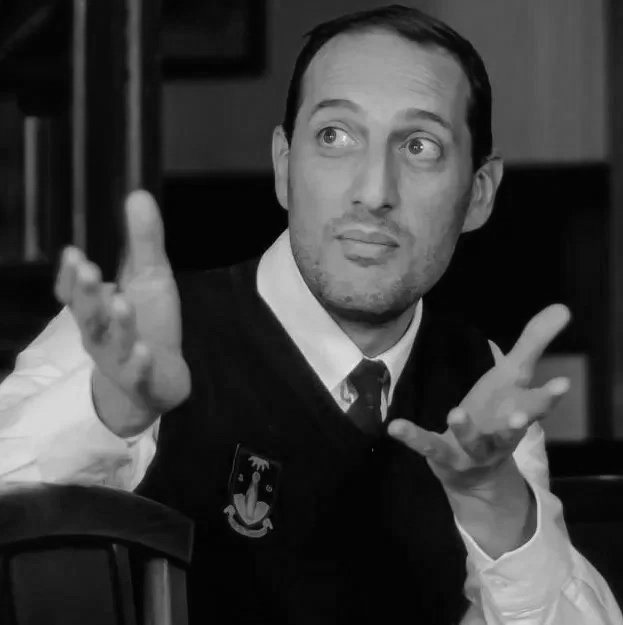
Alessandro Giovannucci - Chaos League, IT
Alessandro Giovannucci is an award-winning Italian larp designer, theorist, and educator. He co-founded the Chaos League collective and authored the Southern Way Manifesto. His internationally acclaimed larps include Sahara Expedition, The Secrets We Keep, and Miskatonic University. He regularly presents on immersive storytelling and participatory design. He lectures on music and communication at the University of Teramo and the Accademia di Belle Arti di Venezia.
-

Dr. Alexandra Sinclair - University of Sydney, AU
Alexandra Sinclair is a Postdoctoral Research Fellow at the University of Sydney Law School and the ARC Centre of Excellence for Automated Decision-Making & Society. Her research focuses on administrative law and AI governance.She has provided expert evidence to the UK Parliament on data protection reforms and holds an LLM from Columbia Law School as a Fulbright Scholar.
-
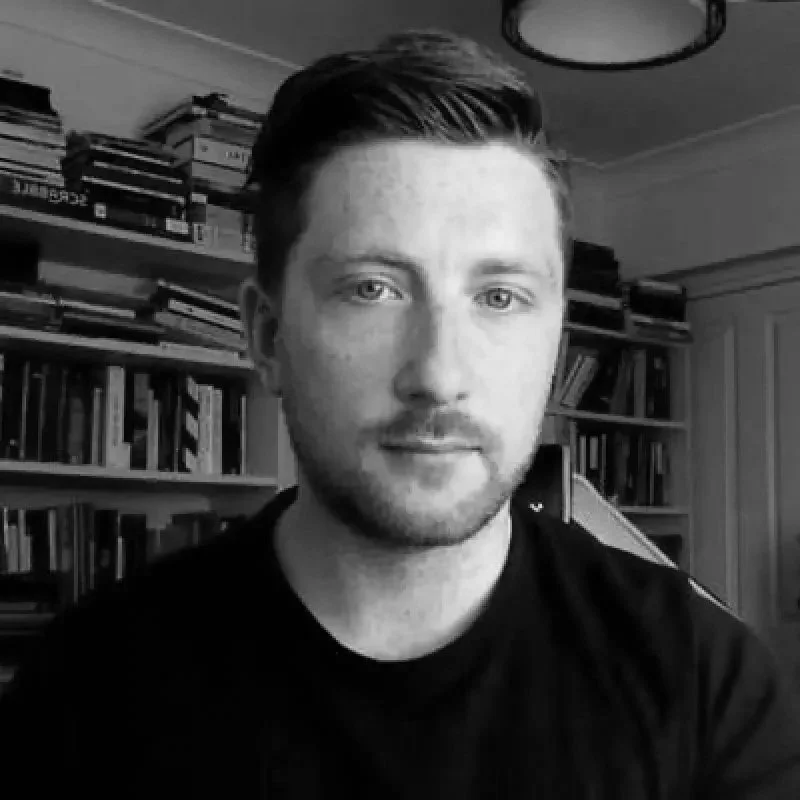
Dr. Conor Heaney - University of Kent, UK
Dr. Conor Heaney is a Post-Doctoral Researcher on The Future of Good Decision project’. He is the author of Rhythm: New Trajectories in Law and Contemporary Capitalism and Mental Health: Rhythms of Everyday Life.
LARP Collaborators
-

Prof. Mercedes Bunz - Kings College, UK
Professor Mercedes Bunz is Professor of Digital Culture and Society at King's College London. Her research explores how digital technologies transform knowledge and power, with a focus on AI, algorithms, and data infrastructures. She co-leads the Creative AI Lab in collaboration with the Serpentine Gallery and co-founded meson press, an open-access publisher for digital culture research.
-

Professor Ann Light - University of Sussex, UK
Professor Ann Light is Professor of Design and Creative Technology at the University of Sussex and Professor of Interaction Design, Social Change and Sustainability at Malmö University. Her research explores participatory design, human-technology relations, and eco-social justice. She co-created the CreaTures Framework and has led numerous international projects on creative practices for transformative futures.
-

Prof. Gregor Noll University of Gothenburg, SE
Professor Gregor Noll is Chair of International Law at the University of Gothenburg. His research explores the intersections of international refugee law, legal theory, and the politics of border control. Noll is widely recognised for his critical approach to sovereignty and migration, offering influential insights into how legal systems respond to global displacement and humanitarian crises.
-

Dr. Jake Goldenfein - University of Melbourne, AU
Dr. Jake Goldenfein is a senior lecturer at Melbourne Law School, specialising in law, technology, and media theory and a Chief Investigator of the ARC Centre of Excellence for Automated Decision-Making and Society. His research investigates the legal and political implications of digital technologies, including surveillance, data governance, and algorithmic decision-making. Goldenfein’s interdisciplinary work bridges critical legal studies and STS, offering nuanced insights into how law shapes and is shaped by computation.
Advisory Board
-
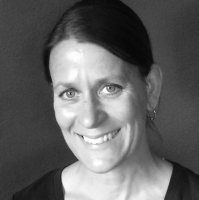
Prof. Samantha Frost University of Illinois, US
Professor Samantha Frost is a scholar in political theory, gender and women's studies, and criticism and interpretive theory at the University of Illinois, Urbana-Champaign. Her research examines how our understanding of matter and embodiment shapes political concepts. She authored Biocultural Creatures: Toward a New Theory of the Human (Duke UP, 2016).
-

Lord Sales, UK Supreme Court, UK
The Right Honourable Lord Sales is a Justice of the UK Supreme Court, appointed in January 2019. An expert in public and constitutional law, he previously served as First Treasury Counsel and held senior judicial roles in the High Court and Court of Appeal. Lord Sales is known for his contributions to statutory interpretation and legal philosophy.
-

Prof. Gerald Moore - University of Durham, UK
Professor Gerald Moore is a philosopher specialising in technology, anthropology, evolution, and climate studies at Durham University's School of Modern Languages and Cultures. He earned his PhD on contemporary French philosophy from the University of Cambridge in 2007. Moore's research interests include the philosophy of technology, addiction, biology, and post-Marxist political theory.
-
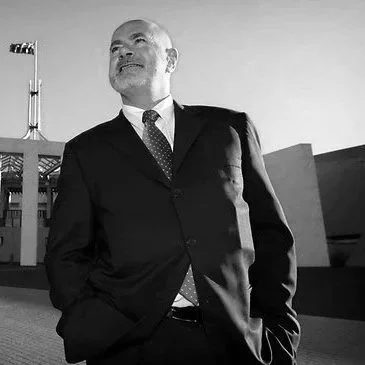
Justice Kerr - Federal Court of Australia, AU
The Honourable Justice Duncan Kerr served on the Federal Court of Australia from 2012 to 2022 and as President of the Administrative Appeals Tribunal from 2012 to 2017. A former Member of Parliament for Denison (1987–2010), he held roles including Minister for Justice and Attorney-General. Kerr is recognised for his contributions to public law, human rights, and legal education.
-
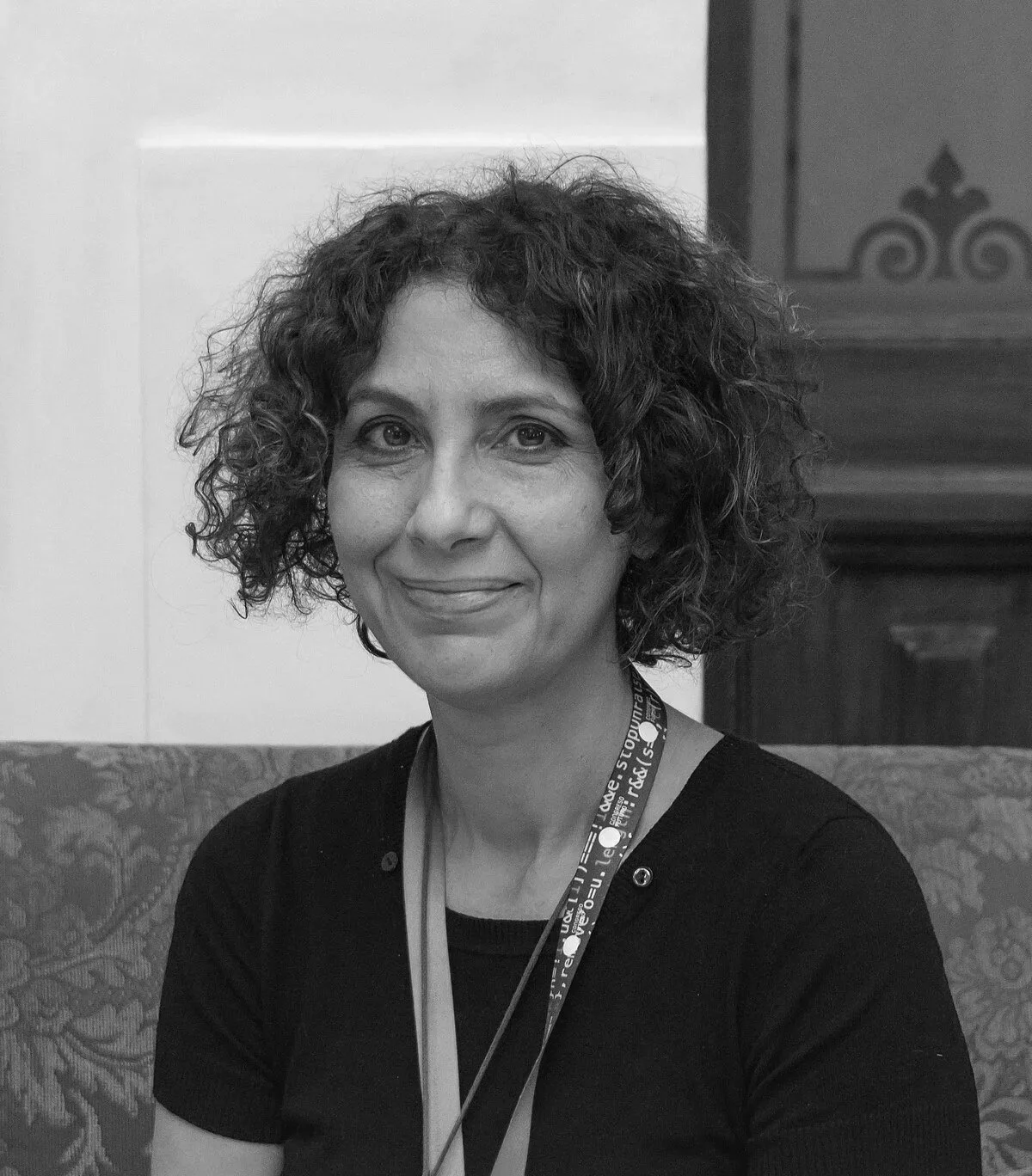
Prof. Tiziana - Terranova Università degli Studi di Napoli l’Orientale, IT
Professor Tiziana Terranova is a distinguished Italian theorist and activist specializing in the cultural and political economy of digital media. She serves as a Full Professor in Cultural Studies and Digital Media at the Università di Napoli L'Orientale. Terranova is renowned for her influential work, Network Culture: Politics for the Information Age.
-

Peter Hanks - KC Victorian Bar, AU
Peter Hanks KC is a senior barrister at the Victorian Bar, specialising in administrative and constitutional law. With over 25 years of experience, he has represented both government agencies and private clients in Australia's highest courts. A former university law teacher, Hanks is also a respected author of leading texts on constitutional law and a contributor to major legal publications.
-

Dr. Yuk Hui - City University of Hong Kong, HK
Dr. Yuk Hui is a philosopher and professor at the City University of Hong Kong. He holds a PhD in philosophy from Goldsmiths, University of London, and has taught at Leuphana University. Hui's work explores the philosophy of technology, cybernetics, and Chinese thought, with publications including On the Existence of Digital Objects and The Question Concerning Technology in China.
-
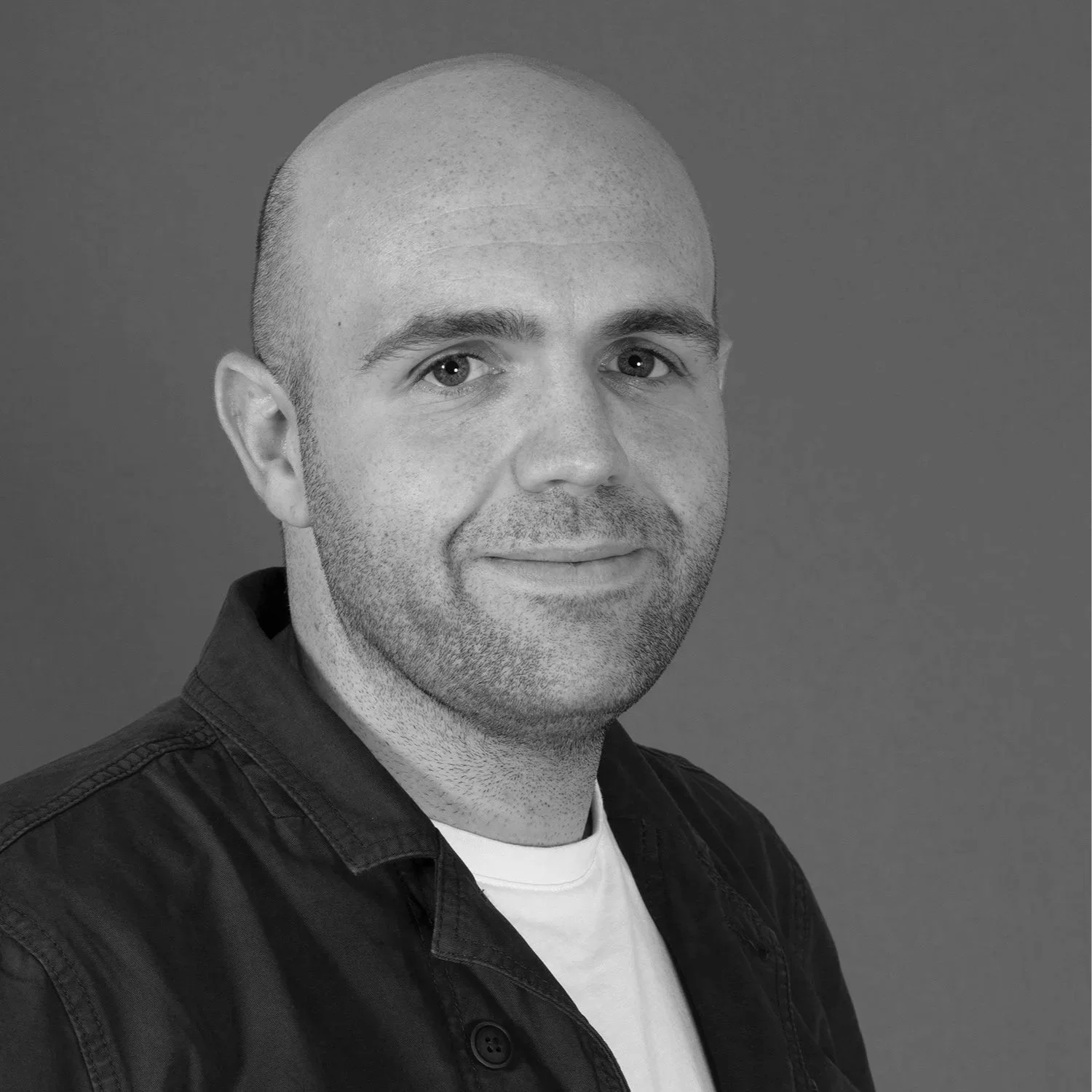
Prof. Joe Tomlinson - King's College London, UK
Professor Joe Tomlinson is Professor of Administrative Law at the Dickson Poon School of Law (King’s College London), and Director of the Administrative Fairness Lab. His research focuses on administrative justice, public law, and the impact of digital technologies on governance. Tomlinson co-leads the Transforming Justice Programme at the Institute for Fiscal Studies and chairs the Academic Panel of the Administrative Justice Council.
-
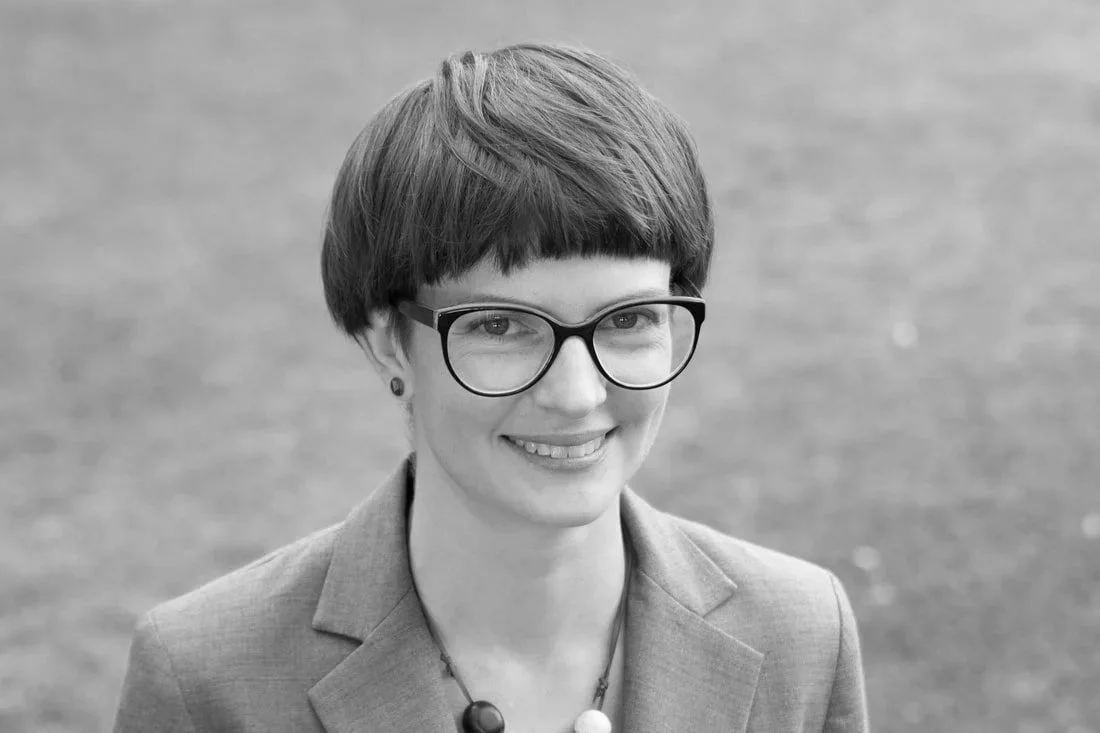
Prof. Jennifer Raso - McGill University, CA
Prof. Jennifer Raso is an Assistant Professor at McGill University's Faculty of Law. Her research examines how algorithmic technologies are transforming front-line administrative decision-making, focusing on the interplay between humans, technologies, and institutions. Raso employs qualitative methods to explore the implications for procedural fairness and substantive justice. She advises several international projects on AI and administrative law.
-
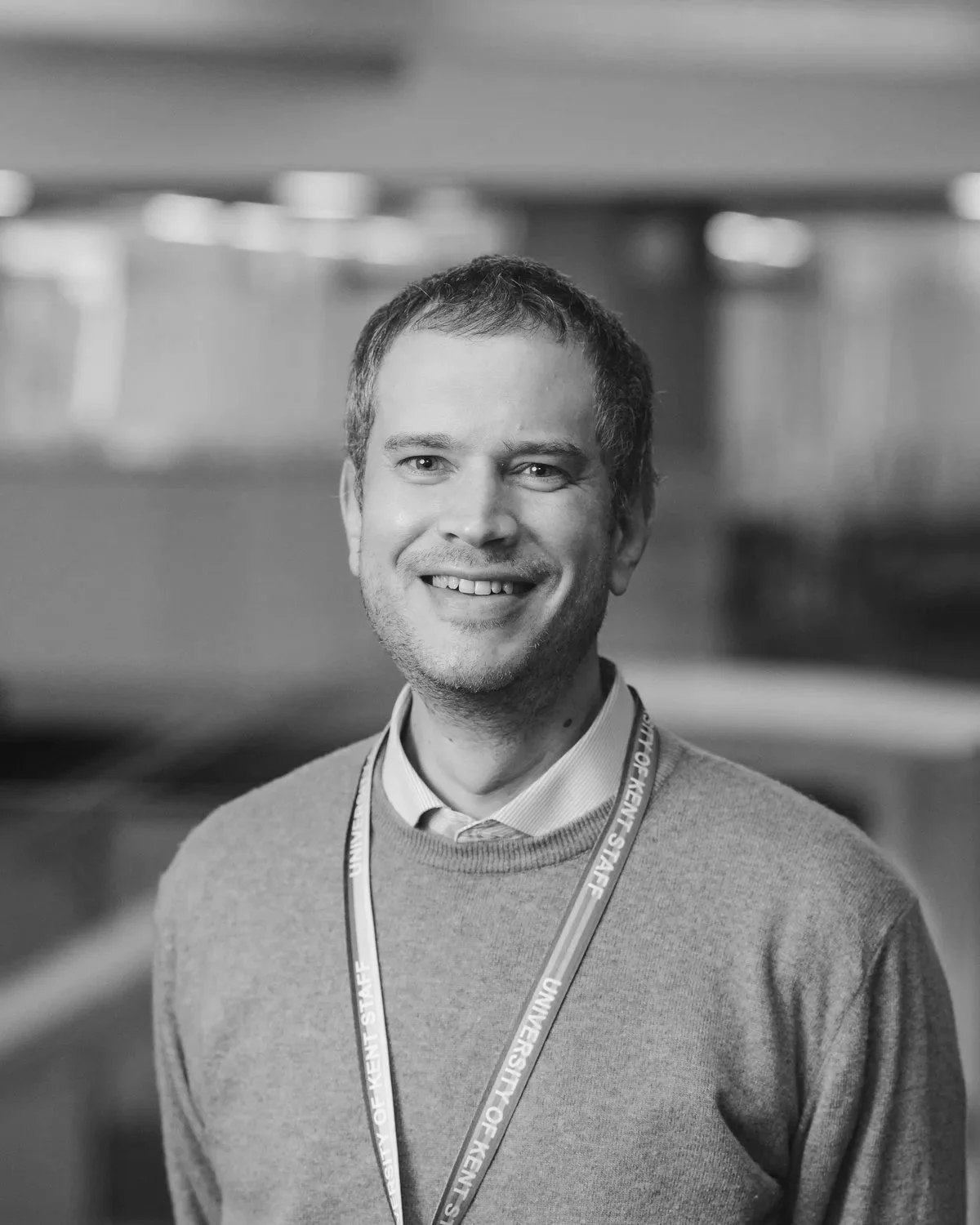
Dr. Daniel Soria - University of Kent, UK
Dr. Daniel Soria is a Senior Lecturer in the School of Computing at the University of Kent. His research focuses on data mining, machine learning, and their applications in biomedical domains. Previously, he held positions at the University of Westminster and the University of Nottingham. Dr. Soria has contributed to interdisciplinary research in healthcare and public policy.
-

Prof. Philippe de Wilde - University of Kent, UK
Professor Philippe De Wilde is a Professor of Artificial Intelligence in the Division of Natural Sciences at the University of Kent. He promotes the use of AI and machine learning across various disciplines, including biosciences, healthcare, and business. Previously, he served as Pro-Vice-Chancellor for Research & Innovation at Kent from 2014 to 2020.
Project Mentors
-

Prof. Davina Cooper - King’s College London, UK
Professor Davina Cooper is a leading scholar in socio-legal studies at King’s College London. Her work explores the intersections of law, power, and political imagination, with a focus on gender, governance, and utopian thinking. Cooper’s influential books, including Feeling Like a State, have reshaped understandings of legal authority, statehood, and possibilities for radical democratic transformation.
-

Prof. Rosemary Hunter - Kent Law School, UK
Professor Rosemary Hunter is a feminist legal scholar at Kent Law School, renowned for her work on family law, judicial practices, and access to justice. She co-founded the influential Feminist Judgments Project and has advised similar initiatives globally. Hunter's research critically examines how legal systems impact women's lives, contributing significantly to socio-legal studies and feminist legal theory.
-
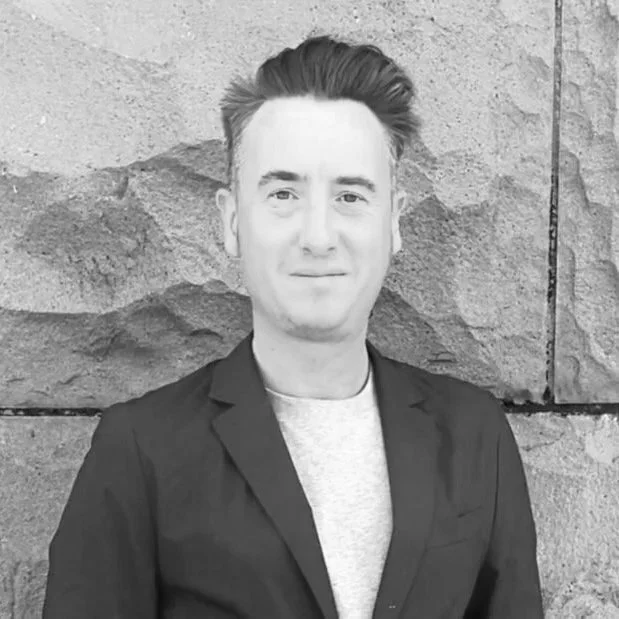
Dewi Knight - PolicyWISE, UK
Dewi Knight is the founding Director of PolicyWISE, a UK-wide public policy initiative hosted by The Open University.Previously, he served as the Welsh Government’s Specialist Adviser for Education Reform, authoring the national education strategy recognized by the OECD. Knight has held senior roles with the British Council in China and the University of Bedfordshire, and mentors UKRI Future Leaders Fellows.
Creative and Cultural Partners
-

Furtherfield - London, UK
Furtherfield, co-founded by artist and curator Ruth Catlow, is a London-based arts and technology organisation pioneering experimental collaboration for over 25 years. Through 70+ exhibitions and 125+ global partnerships, Furtherfield has developed LARPing as a research tool with academics, artists, and policymakers. They will lead the development of multispecies LARPs for co-design in the Living Labs.
-
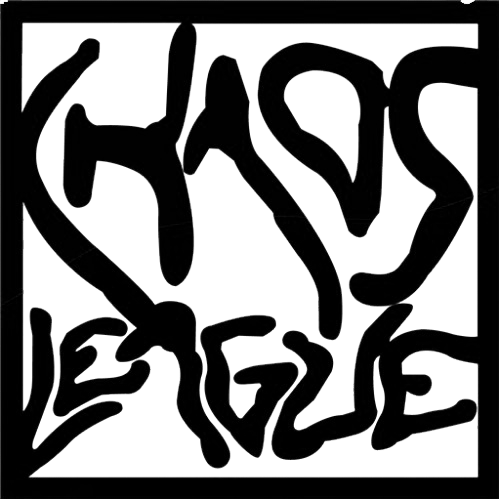
Chaos League - Bologna, IT
Chaos League is an Italian immersive experience studio crafting extraordinary worlds through live-action roleplay (LARP), speculative design, and transmedia storytelling. For over 25 years, their interdisciplinary team—comprising actors, musicians, directors, and writers—has designed transformative experiences like First They Came, a blindfolded role-playing game set in 1942 Berlin. Chaos League creates narratives that challenge perceptions and foster collective imagination.
-

Serpentine Galleries - London, UK
Serpentine Galleries is a leading cultural institution in London known for championing experimental art and technology. Through its R&D Platform, Serpentine supports boundary-pushing inquiry via the Legal Lab (led by Alana Kushnir) and Creative AI Lab (led by Eva Jäger). These initiatives explore emerging legal, ethical, and creative questions at the intersection of technology, culture, and society.
Institutional Affiliations
-

ARC Centre of Excellence for Automated Decision-Making and Society - RMIT, AU
The ARC Centre of Excellence for Automated Decision-Making and Society (ADM+S) is a cross-disciplinary research centre hosted at RMIT University, Australia. Funded by the Australian Research Council from 2020 to 2026, it aims to develop knowledge and strategies for responsible, ethical, and inclusive automated decision-making. The Centre collaborates with eight Australian universities and international partners across various sectors.
-

Melbourne Law School - University of Melbourne, AU
Melbourne Law School, established in 1857, is Australia's oldest law school and part of the University of Melbourne. Consistently ranked among the top law schools globally, it offers J.D., LL.M., and Ph.D. programs. The school hosts numerous research centres and maintains strong international partnerships, fostering a vibrant academic community dedicated to excellence in legal education and research.
-

Artificial Intelligence and Media Philosophy - Karlsruhe University of Arts and Design, DE
Artificial Intelligence and Media Philosophy (KIM) is a research group at the Karlsruhe University of Arts and Design, established in 2018. KIM explores the societal, cultural, and artistic impacts of AI, fostering critical AI studies. Their work includes examining alternative epistemologies and pedagogies beyond automated technologies. KIM also organises interdisciplinary events, such as the "Adversarial Hacking in the Age of AI" workshop, to investigate AI's limitations and vulnerabilities.
-

Institut de Recherche et d’Innovation - Centre Pompidou, FR
The Honourable Justice Duncan Kerr served on the Federal Court of Australia from 2012 to 2022 and as President of the Administrative Appeals Tribunal from 2012 to 2017. A former Member of Parliament for Denison (1987–2010), he held roles including Minister for Justice and Attorney-General. Kerr is recognised for his contributions to public law, human rights, and legal education.
-

Centre for Critical Thought - University of Kent, UK
The Centre for Critical Thought (CCT) at the University of Kent is a transdisciplinary research centre dedicated to advancing critically-oriented theory within the humanities and social sciences. It promotes critical legal scholarship and fosters interdisciplinary dialogue, addressing the nature and scope of critical thought from a broad perspective.
-

Future Human Signature Research Theme - University of Kent, UK
The Future Human Signature Research Theme at the University of Kent explores how science and technology can enhance human capabilities. It brings together interdisciplinary teams to examine the opportunities and ethical challenges of human augmentation, focusing on areas like health, everyday life, and performance. The initiative fosters collaboration across disciplines to address complex societal issues.